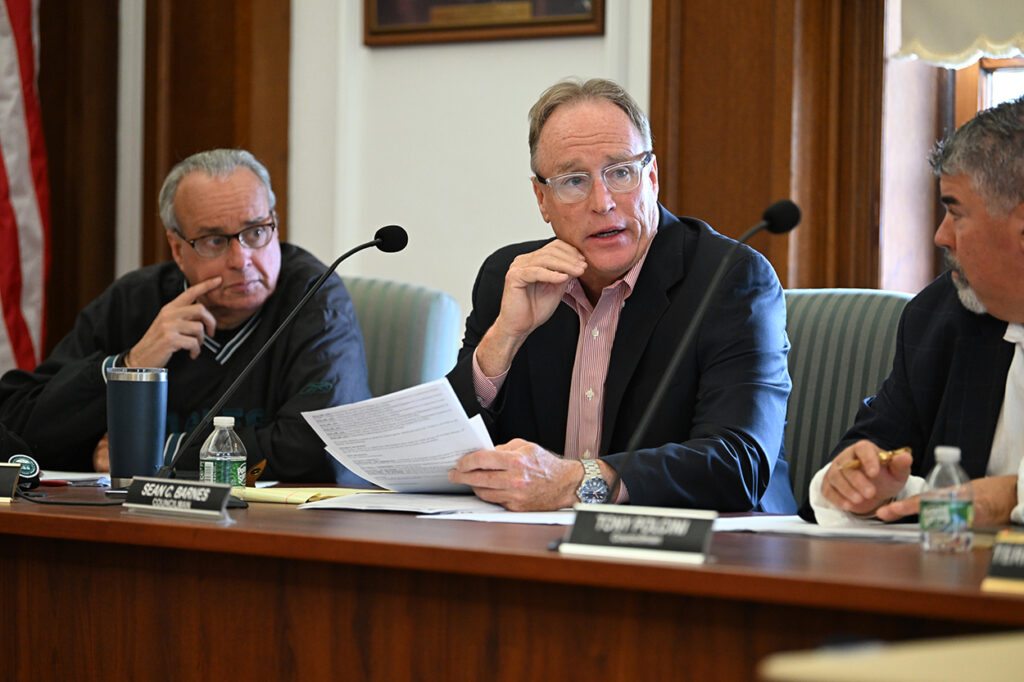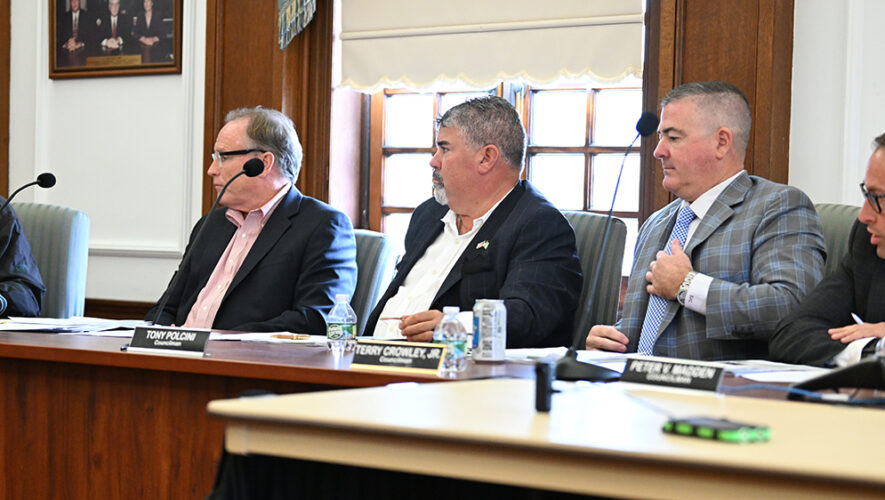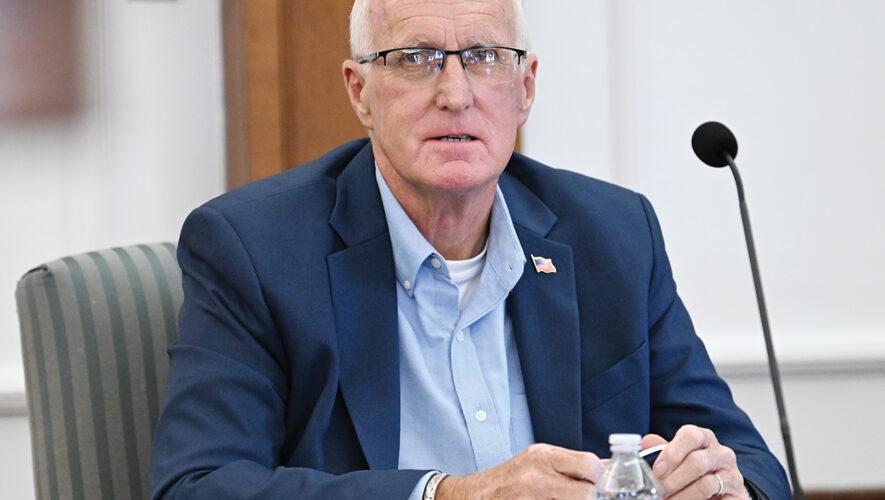OCEAN CITY — Ocean City Council narrowly voted to approve a 3 percent occupancy tax on transient rentals — the kind made through companies such as VRBO and Airbnb — and to impose the same tax on hotel and motel rooms.
The 4-3 vote came after discussion on an ordinance to impose the new occupancy tax only on rentals obtained “through the transient space marketplace.” City Solicitor Dorothy McCrosson explained that is the technical term referring to property rentals made through third-party online platforms, not rentals made through local realtors or property owners themselves.
Some members of council at the Nov. 21 morning council meeting urged their colleagues to proceed with resolution 24-17 as written, and then consider a second ordinance for motel and hotel rooms later.

Councilman Sean Barnes put forward an amended resolution that included hotels and motels.
His amended resolution ended up passing 4-3, with he, Keith Hartzell, Tony Polcini and Dave Winslow voting in favor and Jody Levchuk, Council President Pete Madden and Vice President Terry Crowley Jr. voting no.
Winslow first questioned why the resolution did not apply to hotels and motels, while Levchuk noted some of Ocean City’s hotels use the online service to rent their rooms.
McCrosson explained it was entirely up to council whether to approve the resolution as written and then follow up with an ordinance about the hotels and motels, or to amend the ordinance at the meeting. She said the ordinance was being brought up at the November meeting so it could be in place by Jan. 1, 2025.
Barnes said he spoke to McCrosson before the meeting to learn the state statute allows municipalities to impose the occupancy tax, but asked whether hotel and motel rooms were considered transient space.
McCrosson said that depended on how the rooms were booked. If the room were booked through a company such as Airbnb, the occupancy tax would apply.
Barnes said if the city’s goal is to raise money, “which is a great goal, why not maximize that?” To be fair and equitable, he added, it should apply equally to all space booked that way.
The 3 percent tax goes directly to the state, which then returns it to the municipalities that imposed it, McCrosson said.
Madden and Crowley argued in favor of approving the ordinance as written to get it on the books for the new year, and to take time to consult with operators of hotels and motels to see how it would affect them.
“The goal to doing this now is to start this Jan. 1,” Madden said. “We can come back with another ordinance for hotels.”
Crowley said the issue had been brought up a number of times and the resolution before council “is the cleanest way to start the process.” He said many other towns have imposed the tax. The resolution doesn’t add any cost to the city and the state would cut the city a check every 90 days for the occupancy tax collected.
“There is more there with the hotel thing,” he added, encouraging his colleagues to do more research about a potential downside to that and to approve the original resolution.
“I agree with Terry,” Madden said. “Move this forward then come back with one on hotels.”
Noting that the ordinance makes it clear that only tenants can pay the tax, not owners of properties, Barnes said he would make the motion to amend the ordinance to apply to hotels and motels as well. “If we’re trying to maximize revenue, let’s do it.”
Council voted 4-3 to amend the resolution and then approved the amended ordinance in an identical vote.
Hotel and motel stays are subject to the state sales tax of 6.625 percent and a 5 percent state occupancy tax. The 3 percent occupancy tax approved by council on hotel and motel rooms booked through the online services would be in addition to that.
According to the New Jersey Division of Taxation, hotels include an apartment hotel, bed and breakfast, motel, inn, rooming house with eight or more units, a condotel, or “buildings in which sleeping accommodations are normally available to the public on a transient basis.”
The approval by council was on first reading. There will be a second reading and public hearing before the occupancy tax can be instituted.
– STORY and PHOTOS by DAVID NAHAN/Sentinel staff


